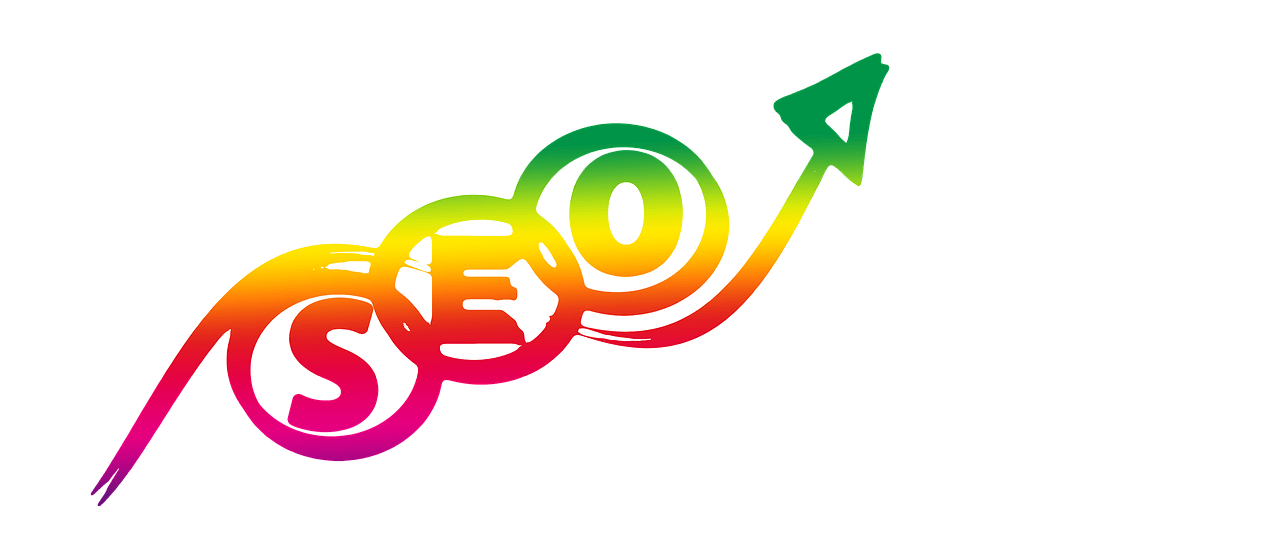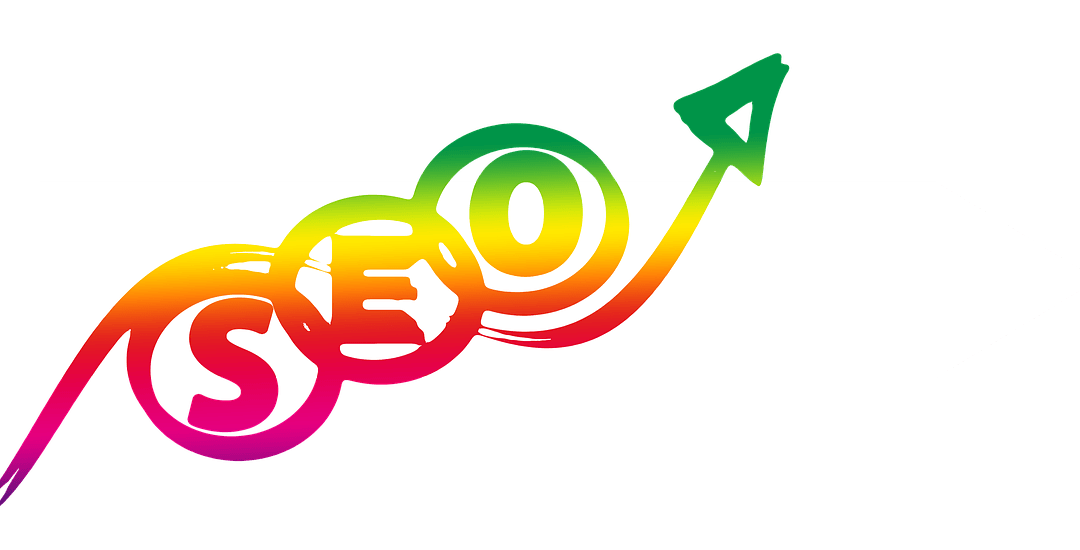
9 out of 10 searches begin online with a search engine …
Search Engine Optimisation (SEO) is the process of improving the volume or quality of traffic to a web site from search engines via organic search results from Google, Bing and the other search engines.
Generally, the higher a websites shows on a search engine page, the more visitors and traffic that website will receive.
Search engine optimization, in its simplest form, means thinking about the words or phrases that people might use to find your business and your website, and writing content that includes those words and phrases.
Feeding the right information from your website to the search engines
SEO has become big business and it is not always as successful as one would hope it to be. Fact is that a lot of time and money goes into feeding those search engines the right information in order to grab a higher ranking listing.
Generally, the search engines look at titles, descriptions, meta tags, image descriptions, linking within the website, links from the outside that feed into your website indicating that your website is of interest to others. They engage comprehensive algorithms to make sure that the information is not just only set up to get a higher listing but the information on your website is actually relevant to what you are portraying.
Website owners often highly desire that their site appears in the top 10 in a search engine search. This is because users are not very likely to look over more than one search engine results page (also known as SERPs). In order to obtain good placement on search results in the various engines, webmasters must optimize their web pages. The process is called search engine optimization. Many variables come into play, such as the placement and density of desirable keywords, the hierarchy structure of web pages employed in a web site (i.e.. How many clicks from the home page are required to access a particular web page?), and the number of web pages that link to a given web page. The Google search engine also uses a concept called page rank.
PageRank relies on the uniquely democratic nature of the web by using its vast link structure as an indicator of an individual page’s value. In essence, Google interprets a link from page A to page B as a vote, by page A, for page B. But Google looks at considerably more than the sheer volume of votes, or links a page receives: for example, it also analyzes the page that casts the vote. Votes cast by pages that are themselves “important” weigh more heavily and help to make other pages important. Using these and other factors, Google provides its views on pages’ relative importance.
Engaging a powerful helper
On every website we build we install a powerful sitemap extension that allows us the feed the search engines with the information they are looking for. It can be easily customised in the backend of your website. The extension is tied into the Google webmaster (console), Google analytics account of the website.
More about Sitemaps & SEO implementation on your website
{loadposition seo-school}

